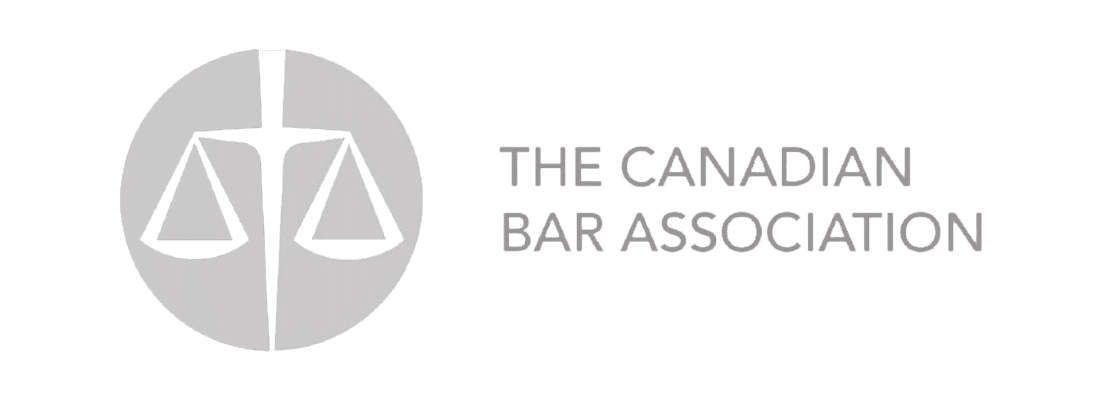David, 19, was broad-sided by another vehicle which drove through a red light. He struck the left side of his head against the windshield and his knee against the dash, suffering a mild whiplash, cuts and bruising about the left side of his face and a badly bruised ear drum, in addition to a cut and bruised knee. While he didn’t lose consciousness, he probably suffered a concussion in which his awareness was altered. He was treated in the emergency room and released later that night.
David recovered from his physical injuries within six months after the accident. But he drank more, forgot about his hockey practices, slept more during the day, needed to be reminded what to do at work, and was generally difficult to get along with.
Based on the evidence – including medical witnesses – the BC Supreme Court concluded that David had suffered mild traumatic brain injury or MTBI, and he was compensated accordingly.
What is Mild Traumatic Brain Injury?
A mild traumatic brain injury is often the least understood or accepted consequence of a car crash or other accident. Yet it can be devastating for the victim. You can appear normal, but may experience a range of symptoms including cognitive changes (memory loss, an inability to concentrate and/or difficulty solving problems), personality changes (mood swings, frustration, irritability and/or anger), and physical effects (fatigue, sleep disturbance, dizziness and/or headaches). MTBI can affect your job, your marriage, relationships with friends and family, and lead to depression.
With a brain injury, you usually become unconscious for a few minutes or more immediately after the accident – but not always. An injury with little or no loss of consciousness can also cause brain damage. And MTBI can occur in the absence of a blow to the head, i.e., a whiplash type of movement can also cause an injury to the brain.
Various tests are used to diagnose a brain injury. Neurological examinations may include a CT, MRI, PET or SPECT scans, EEG and “brain mapping.” But neurological exams don’t always pick up the injury. As a result, MTBI can go undiagnosed.
Neuropsychological testing – which evaluates how the injury has affected your learning, organizational skills and cognitive thinking – is therefore another useful diagnostic tool. This involves taking a case history, a review of hospital records, interviews with you and family members, employers and co-workers, and the administration of a battery of cognitive and other tests. (Insurers are often reluctant to fund this kind of testing as it is very expensive.)
In time, many people recover fully from a mild traumatic brain injury. But some continue to have permanent problems.
It’s important to seek legal advice as soon after the accident as possible in suspected cases of MTBI. Crucial evidence can otherwise be lost if a thorough investigation isn’t done during this time.
Vancouver Personal Injury Lawyer
Your lawyer will be aware of the latest medical knowledge relating to brain injuries, be up-to-date on the medical tests used to diagnose MTBI, and know the experts to refer you to for proper diagnosis and rehabilitation. He will advise you about your rights to compensation, and with the reports and evidence (including an assessment of any economic losses such as past or future loss of income) in hand, will advocate on your behalf for a fair settlement to your claim.
Janice Mucalov, LL.B. for Gertsoyg & Company. This column provides information only and must not be relied on for legal advice.





